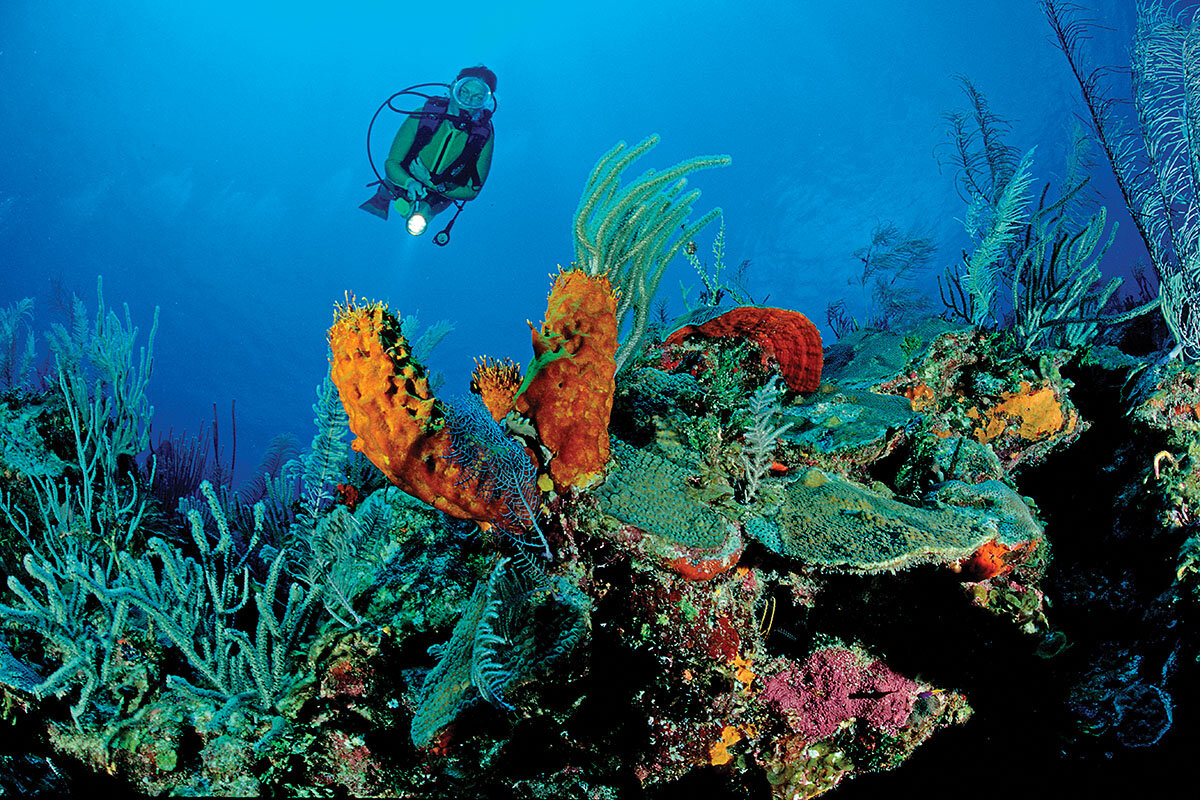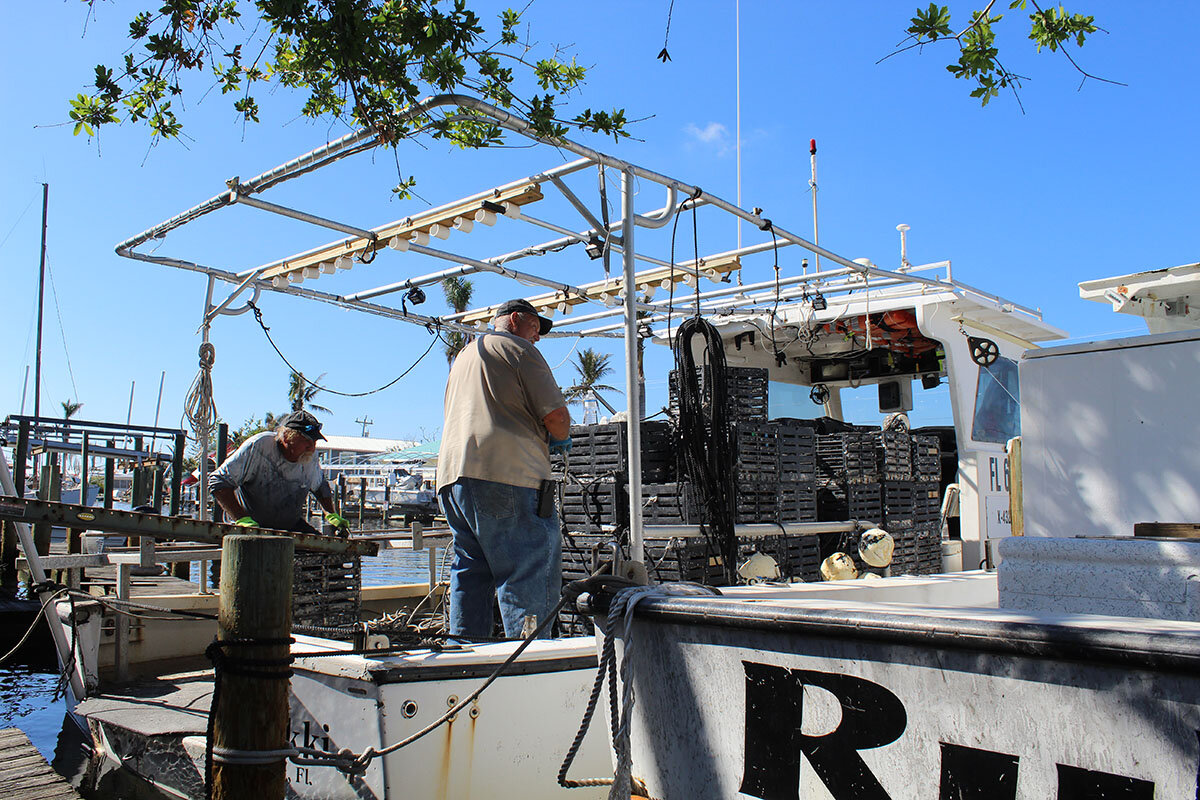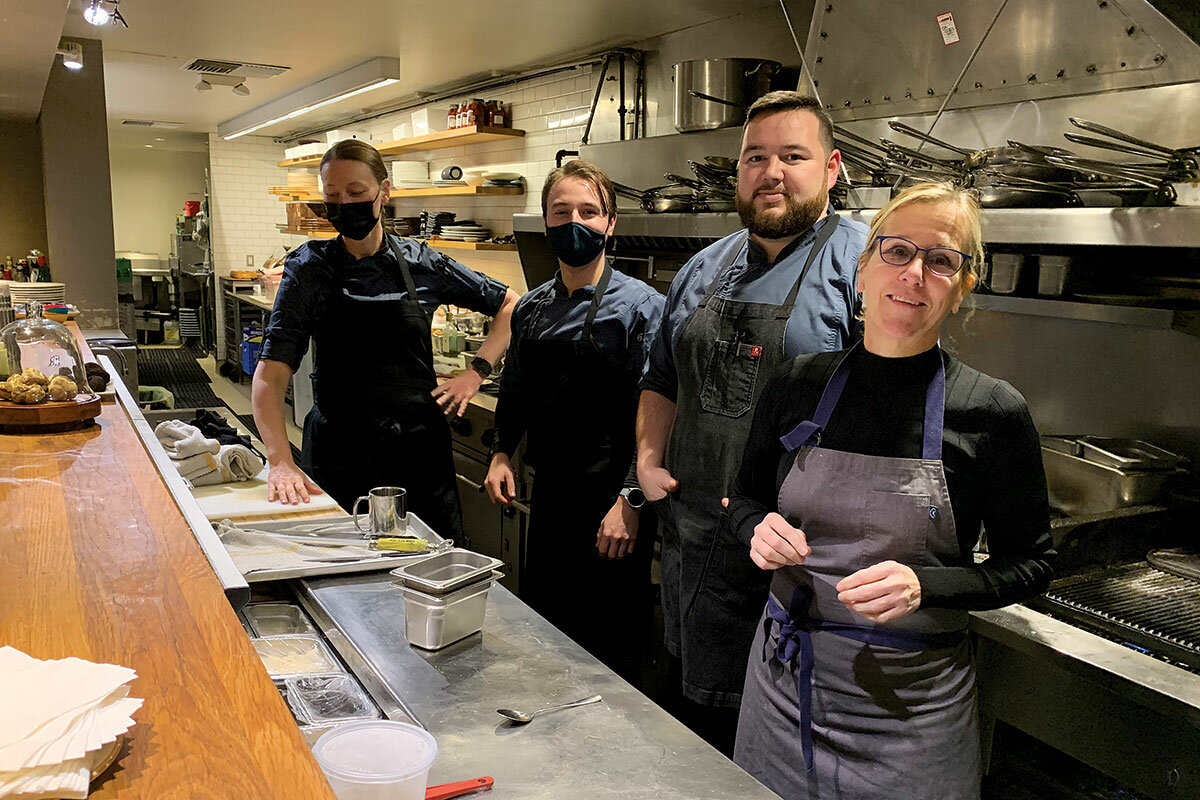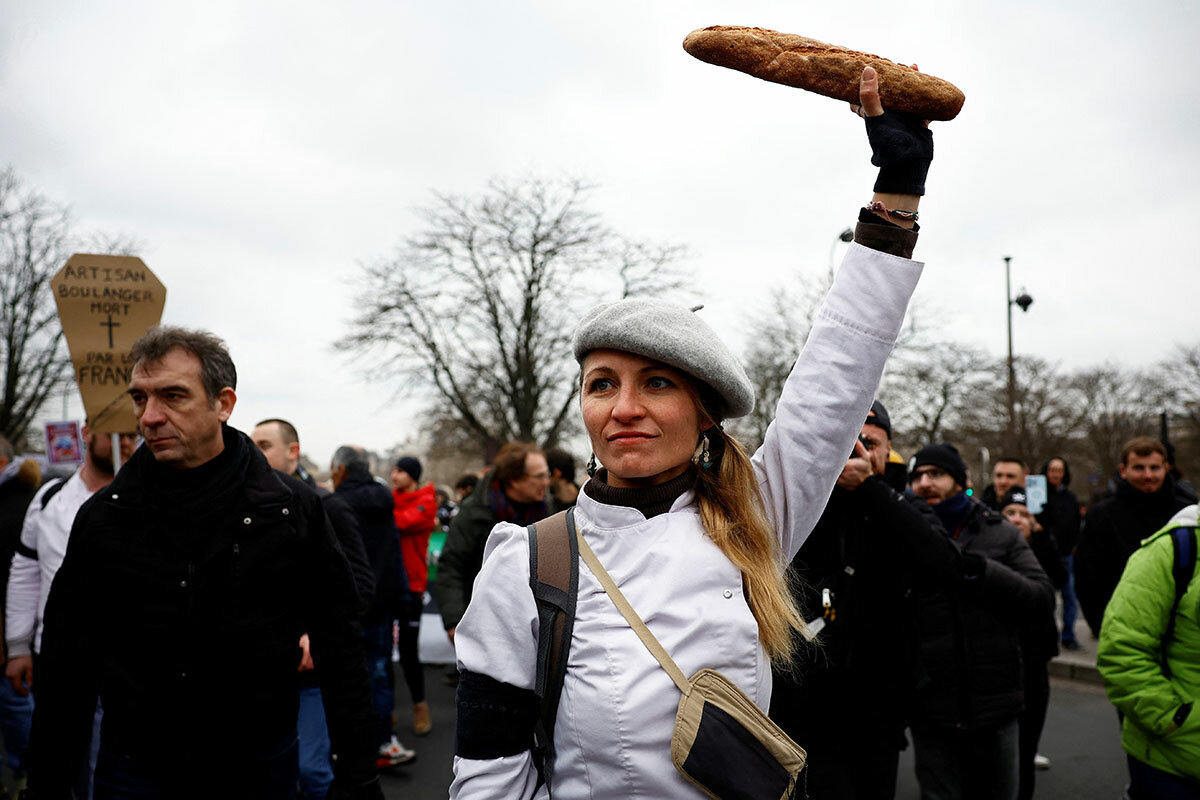Monterey Park, California, has overcome division and tragedy before, residents say. After Saturday’s mass shooting, they are resolved to rely on one another to do so again.
Monitor Daily Podcast
- Follow us:
- Apple Podcasts
- Spotify
- RSS Feed
- Download
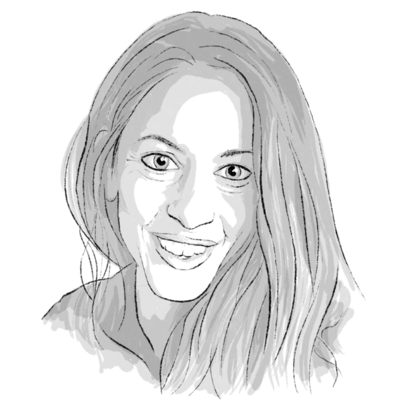 Stephanie Hanes
Stephanie Hanes
It was the end of a long reporting day for today’s story on coral reefs when Hayley-Jo Carr, a research scientist with the Perry Institute for Marine Science, suggested we make one more stop off the island of New Providence in the Bahamas.
We had been visiting one of her coral nurseries, an ephemeral-looking underwater landscape of shipwrecks and reefs, and there was already a lot for me to absorb. There were scientific details about coral reefs and resilience, new calculations about climate change and its impact on the oceans, the intricacies of marine ecosystems and Caribbean politics.
Still, I was eager to see the scene she had described for me: an underwater sculpture garden that featured a work called Ocean Atlas, a massive cement representation of a Bahamian girl lifting up the water.
And sure enough, as I followed the researchers into the glass-clear water, I saw why Ms. Carr had wanted to bring me here.
When I first started reporting about conservation from southern Africa in the mid-2000s, the environmental community was split between two main philosophies: “fortress conservation,” or the idea that protecting nature means blocking it off from humans, and “community conservation,” the belief that people who live in an ecosystem should decide what happens there. The debate continues between these two basic approaches – we see it play out in gatherings like the recent United Nations biodiversity conference, or the new “30 by 30” call for governments to set aside 30% of the Earth’s surface as protected areas by 2030.
But Ocean Atlas, I realized, as I dove toward the breathtaking sculpture, reflects another way – one where responsibility and humility meet resilience and cooperation.
The original Atlas of Greek mythology, remember, was holding up the sky as punishment. Ocean Atlas is doing so because she realizes she must. She is part of the ecosystem now – literally, as coral is starting to grow on her surface. She is, in her own unique way, an example of human struggle, of the ocean, and of wholeness and hope.






